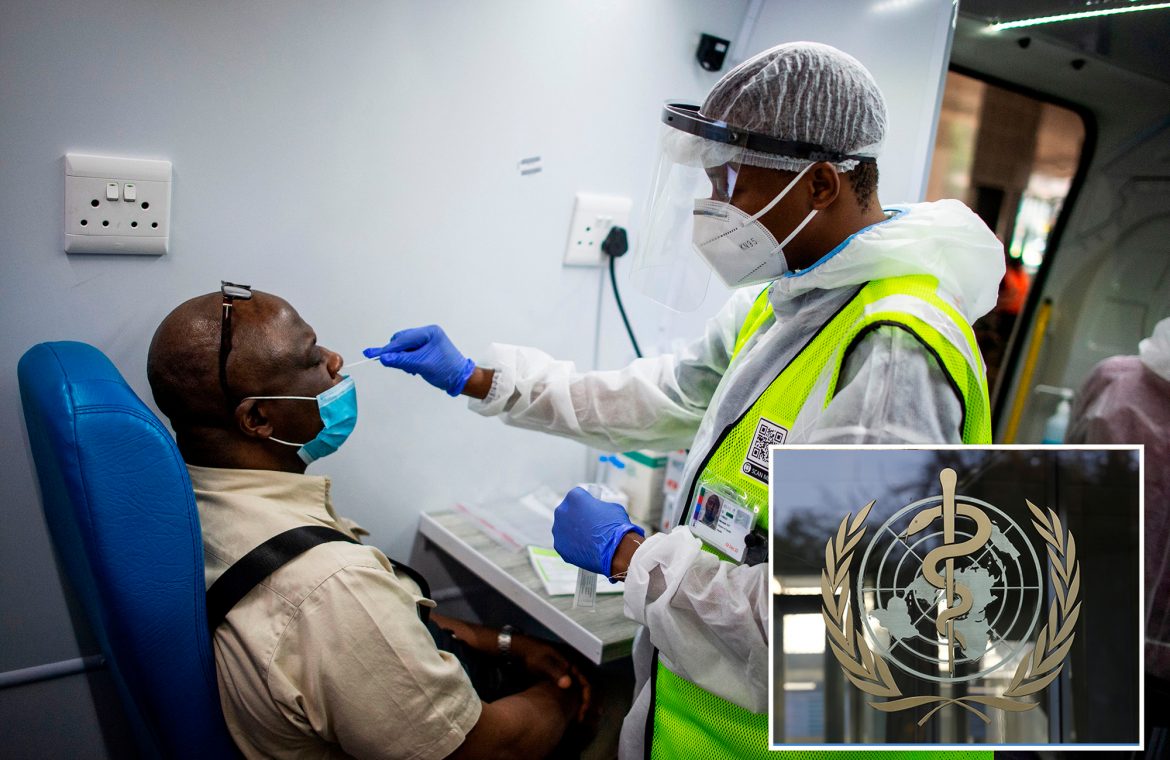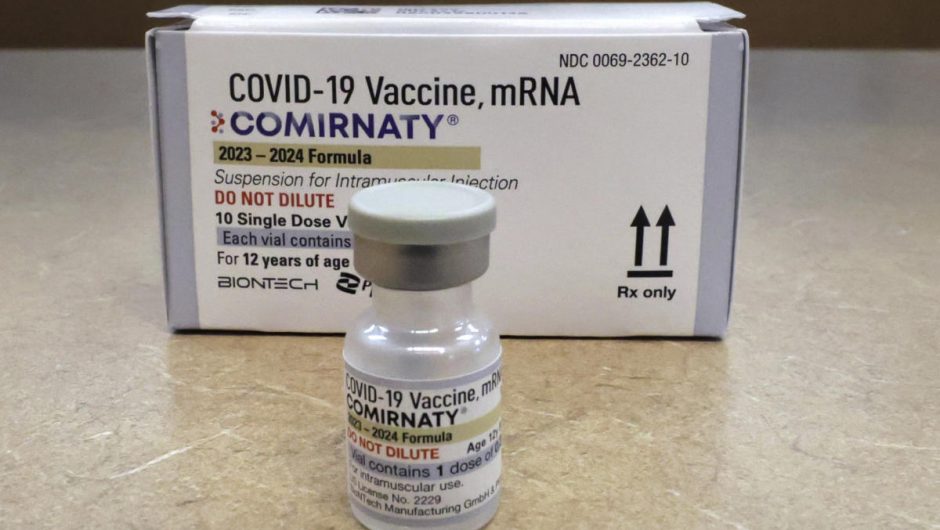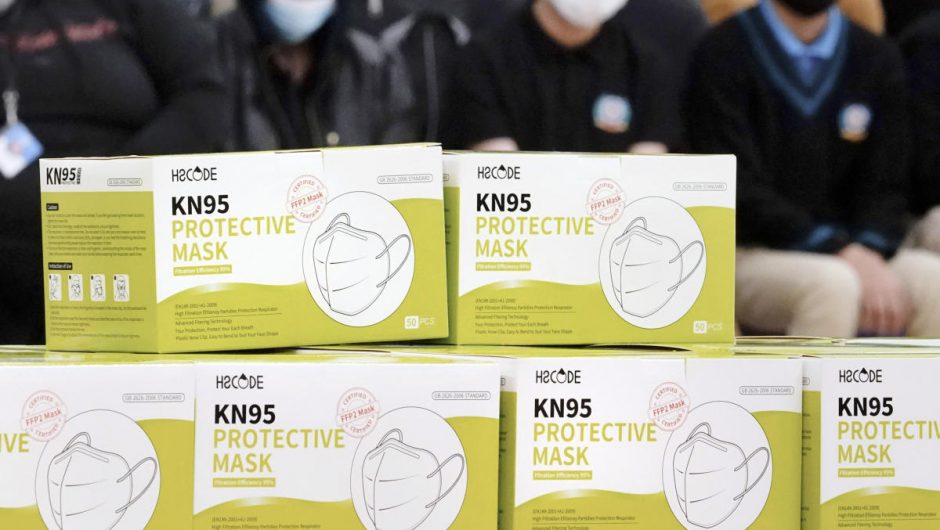[ad_1]
Sign up for our special edition newsletter to get a daily update on the coronavirus pandemic.
The discovery of a new COVID-19 variant in South Africa this week caused alarm and swift action from a number of countries including travel restrictions. Here’s what you need to know about Omicron.
How was this variant found?
Scientists looked at virus samples and discovered the new variant after South African cases began to explode this week after holding at about 200 a day. Cases neared 2,500 on Thursday.
President Joe Biden announced travel restrictions to South Africa and several countries starting on Nov. 29 in response to the Omicron variant.REUTERS/Frank Polich
Why is it named Omicron?
The World Health Organization gave it that designation after a letter in the Greek alphabet. The WHO also labeled it a variant of concern, the only one to get that designation since Delta emerged in India in late 2020.
The World Health Organization dubbed the new COVID-19 variant as Omicron, skipping over Nu and Xi.REUTERS
Why is Omicron a cause for concern?
The seemingly high number of mutations — about 30 — in the coronavirus’ spike protein could mean it spreads easily. That is about double the number of mutations of the Delta variant, and could mean increased transmissibility. But the significance of the mutations “is still not known,” according to Sharon Peacock, who has led genetic sequencing of COVID-19 in Britain.
The World Health Organization labeled the new COVID-19 Omicron variant a variant of concern.REUTERS
The new COVID-19 Omicron variant has about 30 mutations in its spike protein.China News Service via Getty Ima
Does the Omicron variant make you sicker?
There’s no indication that the variant will cause a more severe illness. WHO said there was “preliminary evidence” to suggest an increased risk of reinfection with Omicron for those who have already had the virus as compared to other variants. No unusual symptoms have been reported with this variant, which can also led to asymptomatic cases, according to South Africa’s National Institute for Communicable Diseases.
A healthcare worker conducts COVID-19 tests for passengers at OR Tambo International Airport in Johannesburg, South Africa on Nov. 27, 2021.AFP via Getty Images
Will existing COVID-19 vaccines work against the variant?
Scientists say it’s too soon to tell and that answer will take a few weeks. One expert, Peter Openshaw, a professor of experimental medicine at Imperial College London, called it “extremely unlikely” that current vaccines wouldn’t work, noting they are effective against numerous other variants.
A passenger is tested for coronavirus at O.R Tambo International Airport in Ekurhuleni, South Africa last year.AFP via Getty Images
With Post wires
[ad_2]
Source link




